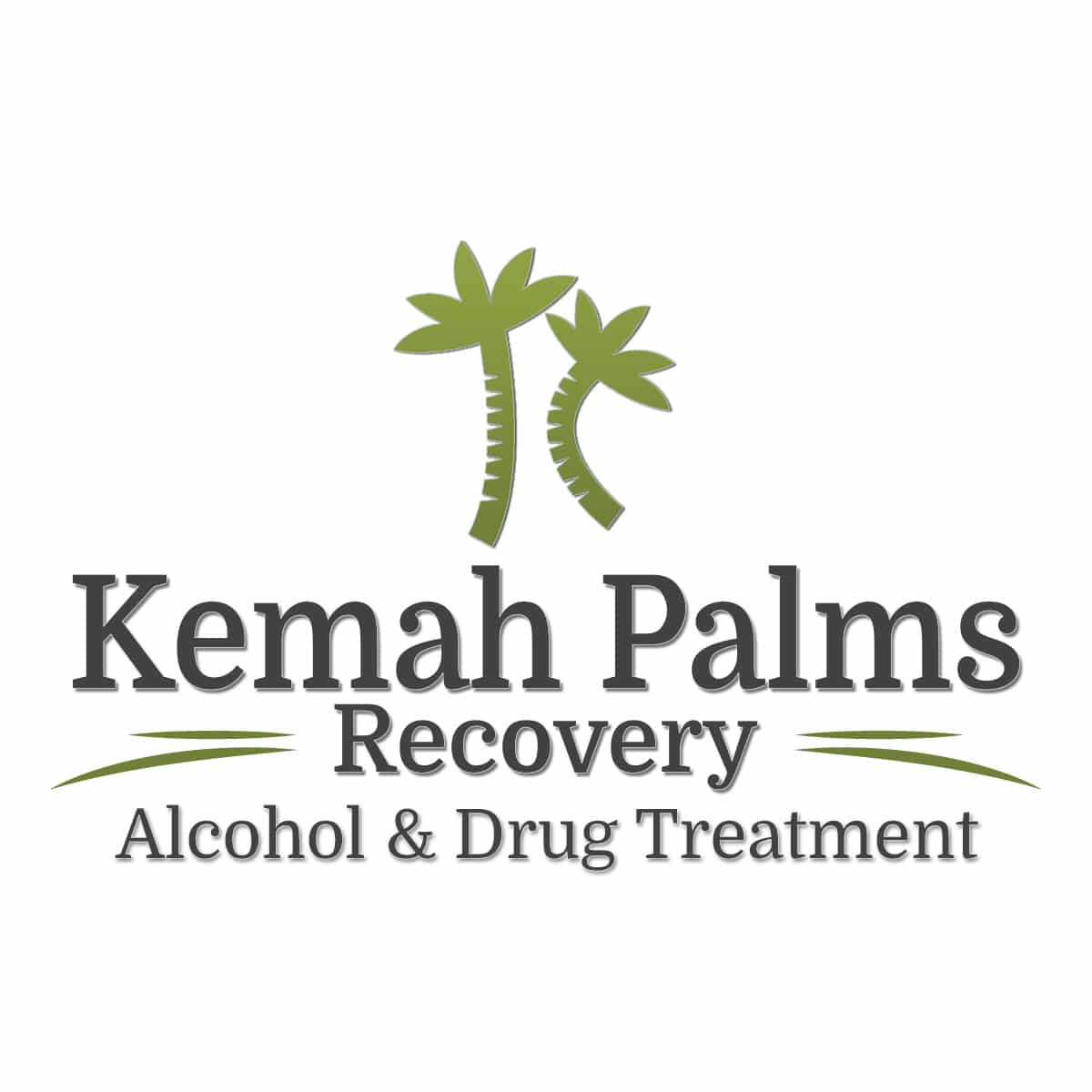Types of drugs chronic pain patients become addicted to
types of rehab programs are dedicated to chronic pain patients. Chronic pain patients take strong painkillers to help cope with pain. Most doctors believe that large numbers of patients who used these chronic pain drugs would become addicted to them. Over the past decade doctors specializing in pain management broadened the market for such drugs. Many doctors agree that most pain patients use narcotics without getting addicted. A major risk appears to be to patients who had prolonged treatment using pain killers and an undiagnosed vulnerability to abuse substances that affects 3 to 14 percent of the people. There is a huge list of medications to help manage pain as every patient is different and responds to medications in a different way. Some may need non-steroidal anti-inflammatory drugs, while others may need opioids. Over the counter pain killers aren’t strong enough for the patient to cope with pain. The prescription written for a patient depends on his or her pain level, treatment goals, and overall health.
Identifying addiction when using prescription pain medication to manage chronic pain
Physicians should screen patients carefully for potential risk factors not excluding personal history of drug abuse for reducing the chances of addiction risk. They must look closely for signs of abuse such as unreasonably frequent requests for prescription pain medication refills. This could be an indicator for addiction, increase in tolerance or progression of illness. Research and development in the field of effective nonaddicting pain medications is a health priority. There is a need to understand better chronic pain management and identify factors that make some patients addicted to prescription pain medication and develop measures to prevent their abuse.
Detox and rehab for people suffering from chronic pain
 Once in drug rehab, the first step medical professionals must take is to change the medications the person is taking. In many an instance a different medication with a lesser risk of causing addiction can be just as effective in managing pain. People and physicians prefer medications that provide quick relief to people with addiction issues. This sudden relief is referred to as a rush that can be addictive. Replacing these drugs that cause this rush with medications that have a slow onset and provide relief for a longer period of time is the first step towards recovery and rehabilitation.
Once in drug rehab, the first step medical professionals must take is to change the medications the person is taking. In many an instance a different medication with a lesser risk of causing addiction can be just as effective in managing pain. People and physicians prefer medications that provide quick relief to people with addiction issues. This sudden relief is referred to as a rush that can be addictive. Replacing these drugs that cause this rush with medications that have a slow onset and provide relief for a longer period of time is the first step towards recovery and rehabilitation.
How to manage chronic pain when addicted to pain medication
The fact that not all cases of chronic pain require opioid based treatments must be realized. Generally Acetaminophen-based therapies in addition to other non-invasive treatments provide a considerable amount of relief. With the onset of treatment chronic pain patients given painkillers might slowly taper to other less addictive forms of pain control. Towards the end of the program, they might not take any medications at all.






